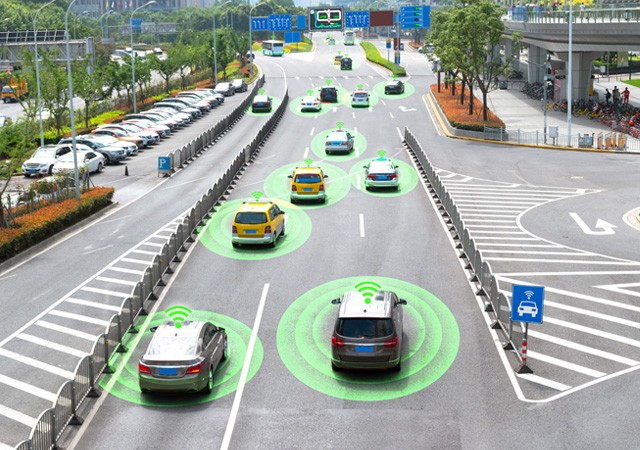The Dynamics Of Traffic Management In Civil Engineering

Have you ever been stuck in traffic for hours? You’re not alone. Traffic congestion is a common issue in cities around the world. In fact, it’s estimated that traffic congestion costs the United States economy over $120 billion per year.
Fortunately, new technologies are being developed to tackle traffic congestion head-on. One such technology is smart traffic management systems. Smart traffic management systems use sensors and cameras to monitor traffic flow, and then use that data to optimize traffic flow in real-time.
How do smart traffic management systems work?
Smart traffic management systems use a combination of sensors and cameras to gather real-time data about traffic flow. This data is then analyzed by powerful algorithms that can identify patterns and predict future traffic patterns. Based on this analysis, the system can automatically adjust traffic signals, reroute traffic, and even adjust speed limits to optimize traffic flow.
Smart traffic management systems can also be used to detect accidents and other incidents in real time. If an incident is detected, the system can automatically alert emergency responders and adjust traffic flow to minimize congestion and keep traffic moving smoothly.
What are the benefits of smart traffic management systems?
Smart traffic management systems offer a wide range of benefits, including:
- Reduced congestion and travel time
- Improved safety
- Lower emissions and improved air quality
- Lower fuel consumption and cost savings
- Improved transportation system productivity
- Reduced wear and tear on roads and infrastructure
Are smart traffic management systems expensive?
While smart traffic management systems do require an initial investment, many cities around the world are finding that the long-term benefits far outweigh the costs. In fact, some cities are even able to finance their smart traffic management systems through cost savings in areas such as fuel consumption and road maintenance.
How reliable are smart traffic management systems?
Smart traffic management systems are highly reliable. Unlike traditional traffic management systems, which are often manually operated and prone to error, smart traffic management systems are fully automated and use advanced algorithms to optimize traffic flow in real-time. This means that they can adapt to changing traffic patterns and adjust in real-time to ensure maximum efficiency.
How can I learn more about smart traffic management systems?
To learn more about smart traffic management systems and how they can benefit your city, contact a trusted provider of smart city solutions. They can answer your questions and provide you with detailed information about the latest smart traffic management technologies.
In conclusion
Smart traffic management systems are transforming the way we manage traffic flow in our cities. By using real-time data and advanced algorithms, they can optimize traffic flow, reduce congestion, and improve safety. If you’re interested in learning more about smart traffic management systems and how they can benefit your city, contact a trusted provider of smart city solutions today.


Post a Comment for "The Dynamics Of Traffic Management In Civil Engineering"